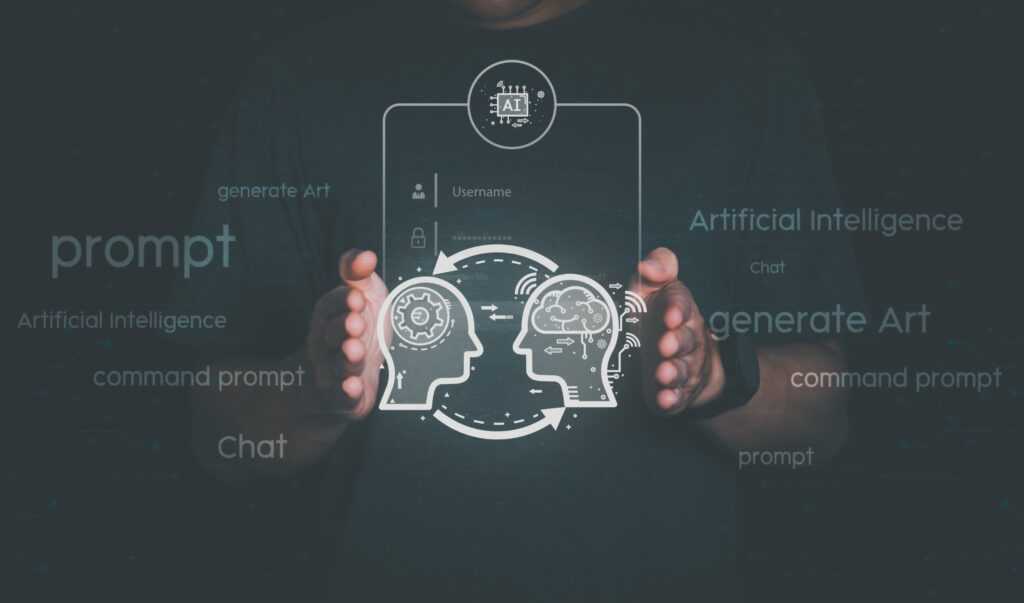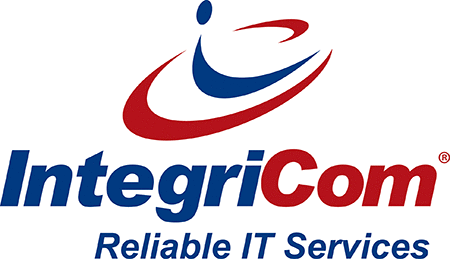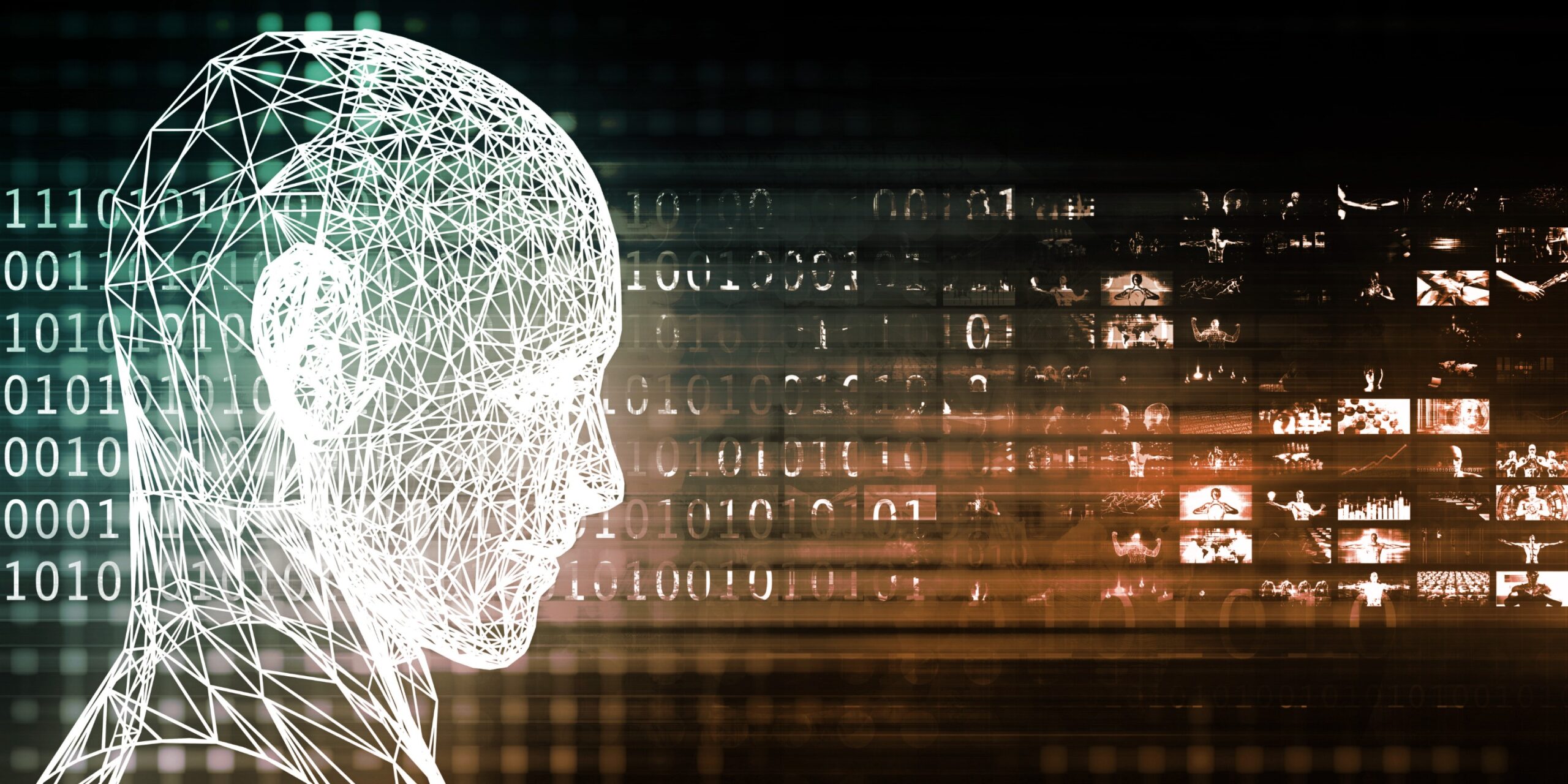Table of Contents
In an increasingly AI driven world, Artificial Intelligence (AI) tools have become ubiquitous, offering immense benefits in various fields such as healthcare, finance, and everyday consumer applications. However, the rise of AI also brings with it a host of potential dangers that must be carefully managed. In this blog post, we will explore some of the key risks associated with AI tools and provide practical advice on how to protect your data from these risks.
The Dangers of AI Tools
 Privacy Issues
Privacy Issues
Privacy issues related to AI tools stem from their need to process vast amounts of personal and sensitive data to function effectively. This data can include everything from location and browsing history to medical records and financial information. The collection, storage, and analysis of such data pose significant risks, including unauthorized access, data breaches, and misuse by third parties.- Bias and Discrimination
AI systems learn from the data they are trained on, and if this data contains inherent biases, the AI can perpetuate and even amplify these biases. This can lead to unfair treatment or discrimination against certain groups, especially in critical areas such as hiring, lending, and law enforcement. For example, biased hiring algorithms might favor certain demographics over others, and biased law enforcement tools might disproportionately target specific communities. Addressing these biases requires diligent efforts in data curation and algorithm design to ensure fairness and equity. - Security Risks
AI systems are prime targets for cyberattacks due to the sensitive data they handle and their critical roles in various applications. Hackers can exploit vulnerabilities in AI algorithms to manipulate outputs, leading to misinformation or decision-making errors. Additionally, AI can be weaponized for malicious purposes, such as creating convincing deepfakes, automating sophisticated phishing attacks, and conducting large-scale data breaches. The complexity of AI systems often makes it challenging to detect and mitigate these threats promptly, posing a continuous risk to data integrity, privacy, and overall cybersecurity. - Dependence and Job Displacement
The increasing reliance on AI can lead to an erosion of human skills and capabilities as more tasks become automated. This over-dependence can make individuals and organizations vulnerable if the AI systems fail or malfunction. Furthermore, AI-driven automation can displace jobs, particularly in sectors like manufacturing, customer service, and data entry, leading to economic and social disruptions. Automation has already started to replace manual labor and lower-wage service jobs for many years now. However, even professions that require graduate level degrees could be at risk. Fields like law and accounting that require poring over hundreds of pages of legal documents and financial statements are especially vulnerable to the next wave of AI takeovers. It is crucial to balance AI adoption with strategies to reskill and upskill the workforce. - Misinformation
AI’s ability to generate content can be misused to create and spread misinformation. Deepfakes and AI-generated fake news can have serious repercussions, influencing public opinion, damaging reputations, and causing harm to individuals and societies. Misinformation can undermine trust in media and institutions, leading to confusion and conflict. Combating this issue requires advanced detection technologies, public awareness, and regulatory measures to hold perpetrators accountable.  Ethical Concerns
Ethical Concerns
AI development raises numerous ethical questions, such as ensuring transparency, accountability, and fairness. There is also the risk of AI being used for invasive surveillance, violating individual privacy and civil liberties. Ethical concerns extend to the potential misuse of AI in autonomous weapons and other applications that can cause harm. Ensuring that AI development aligns with ethical principles requires collaboration between technologists, policymakers, and society to establish guidelines and regulations that protect human rights and promote social good.- Autonomy and Control
Highly autonomous AI systems can sometimes behave unpredictably or in ways not intended by their creators. This lack of control can result in unintended consequences, such as accidents involving autonomous vehicles or financial losses due to algorithmic trading errors. Ensuring human oversight and control is crucial to prevent these outcomes and maintain accountability. Developers must design AI systems with fail-safes and intervention mechanisms to allow humans to correct or override AI decisions when necessary. - Environmental Impact
Training large AI models consumes significant computational resources, leading to a substantial environmental footprint due to high energy consumption. Mitigating this environmental impact requires optimizing AI algorithms for efficiency, using renewable energy sources, and exploring alternative computing paradigms that reduce energy consumption.
Protecting Your Data from AI Tools
Given these dangers, it is essential to take proactive steps to protect your data when using AI tools. Here are some strategies to consider:
 Limit Sharing Personal Information
Limit Sharing Personal Information
Avoid sharing sensitive personal information unless absolutely necessary. Be mindful of the type of data you provide to AI tools and use pseudonyms or anonymized data when possible. Limiting the amount of personal information you share reduces the risk of exposure in the event of a data breach or misuse.- Understand Privacy Policies
Carefully review the privacy policies of AI tools and services you use. Understand how your data is collected, used, and stored. Be aware of how long your data is retained and who has access to it. This knowledge empowers you to make informed decisions about which services to use and how to manage your data. - Secure Your Communication
Ensure that your connection is secure when sharing information with AI tools. Look for HTTPS in the URL and avoid using public or unsecured Wi-Fi networks. Secure communication channels protect your data from being intercepted or tampered with during transmission. - Monitor for Updates
Stay informed about updates or changes to the AI service’s privacy practices. Adjust your usage based on any new information, and opt-out of services that do not meet your privacy standards. Regular monitoring helps you stay aware of potential risks and take timely action to protect your data. - Use Encryption
Whenever possible, use services that offer end-to-end encryption. This ensures that your data is protected while in transit and can only be accessed by authorized parties. Encryption adds an additional layer of security, making it more difficult for unauthorized individuals to access your data. - Implement Robust Security Measures
Use strong, unique passwords for accounts associated with AI tools. Enable multi-factor authentication (MFA) to add an extra layer of security. Regularly update your software to protect against vulnerabilities. These measures enhance the security of your accounts and reduce the risk of unauthorized access.  Be Skeptical of AI-Generated Content
Be Skeptical of AI-Generated Content
Critically evaluate content generated by AI, especially if it seems suspicious or too good to be true. Verify information from multiple sources before accepting it as accurate. Skepticism and verification help you avoid falling victim to misinformation and ensure that you base your decisions on reliable information.- Advocate for Ethical AI
Support and advocate for ethical AI practices. Encourage companies to adopt transparency, accountability, and fairness in their AI development and deployment. Participate in discussions about AI ethics and policy-making. Advocating for ethical AI helps shape a future where AI benefits society while minimizing risks and harms.
Summary
While AI tools offer numerous benefits, it is crucial to be aware of their potential dangers and take steps to protect your data. By limiting the sharing of personal information, understanding privacy policies, securing communication, and using encryption, you can mitigate the risks associated with AI. Additionally, supporting ethical AI practices will help ensure that AI development progresses in a responsible and beneficial manner. Stay informed, stay vigilant, and navigate the AI landscape with caution and confidence.
Enhance Your Security with IntegriCom Managed IT Services
IntegriCom provides managed IT Services and can manage all your security needs. Please contact us for a free evaluation. We can provide a complete security assessment of your total environment and provide a remediation report and recommended support options.


